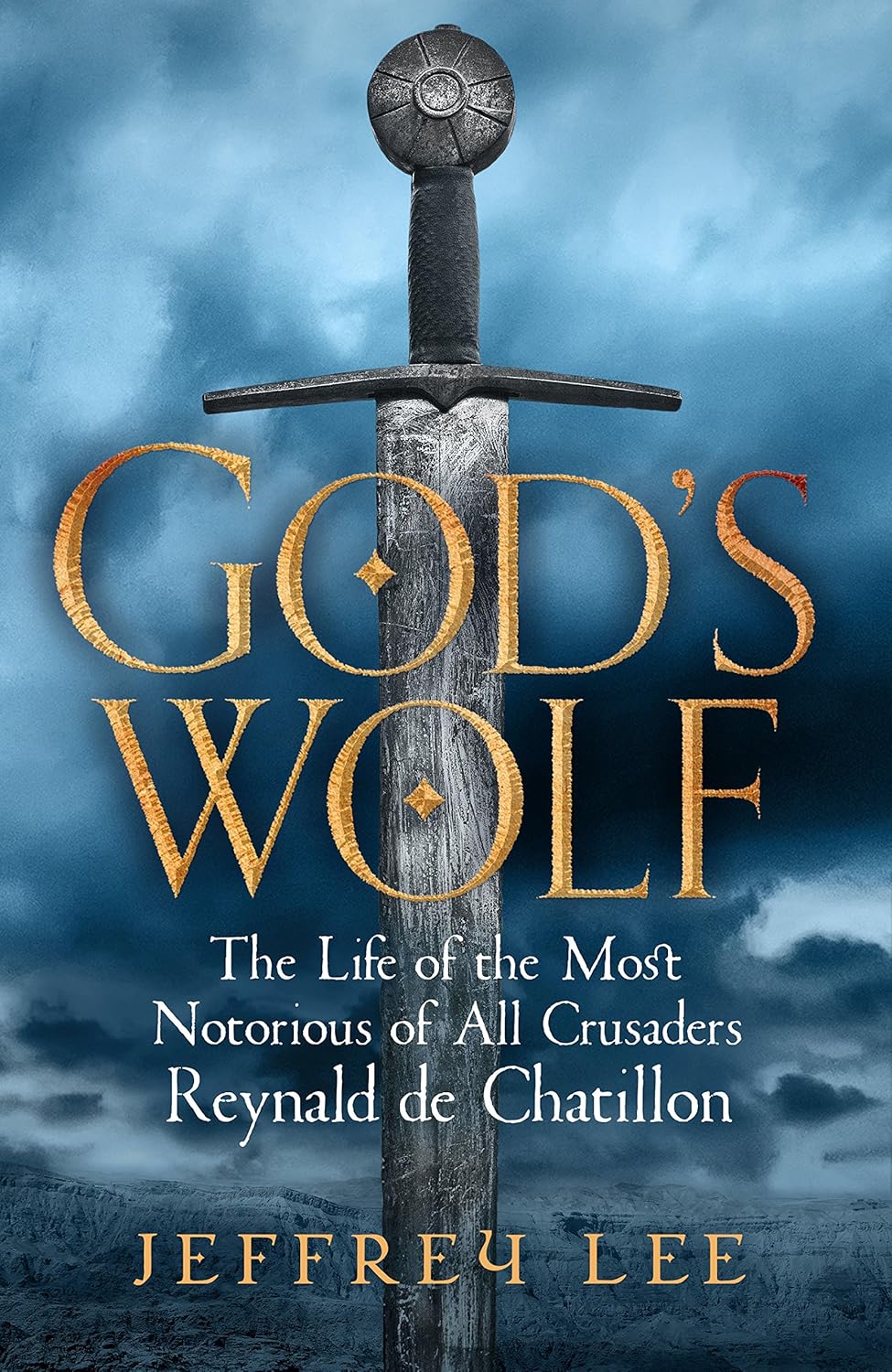About this deal
Lincoln, Bruce (1991). Death, War, and Sacrifice: Studies in Ideology and Practice. Chicago: University of Chicago Press. ISBN 0-226-48199-9. Lagerwey, John; Kalinowski, Marc, eds. (2008). Early Chinese Religion: Part One: Shang Through Han (1250 BC-220 AD). Leiden: Brill. ISBN 978-9004168350. Fenrir – War Robots". warrobots.com. Archived from the original on 13 March 2022 . Retrieved 13 March 2022. Lindow, John (2001). Norse Mythology: A Guide to Gods, Heroes, Rituals, and Beliefs. Oxford University Press. ISBN 0-19-515382-0.
Marjanović, Vesna (2005). Maske, maskiranje i rituali u Srbiji. Чигоја штампа. p.257. ISBN 9788675585572. Вук као митска животиња дубо- ко је везан за балканску и српску митологију и култове. Заправо, то је животиња која је била распрострањена у јужнословенским крајевима и која је представљала сталну опасност како за стоку ... Gods are innumerable, as every phenomenon has or is one or more gods, and they are organised in a complex celestial hierarchy. [6] Besides the traditional worship of these entities, Confucianism, Taoism, and formal thinkers in general give theological interpretations affirming a monistic essence of divinity. [7] Silén, Lars (1983). "Några Reflektioner Angående Bilderna på Balingsta-Stenen i Uppland" (PDF). Fornvännen. Swedish National Heritage Board. 78: 88–91. Archived (PDF) from the original on 2011-07-18 . Retrieved 2010-01-28.Yinyanggong ( 陰陽公 "Yinyang Duke" [iii]) or Yinyangsi ( 陰陽司 "Yinyang Controller"), the personification of the union of yin and yang. Martin-Dubost, Paul (1997). Gaņeśa: The Enchanter of the Three Worlds. Mumbai: Project for Indian Cultural Studies. ISBN 8190018434. p. 311. Tiānhuáng 天皇—the "August Personage of Heaven": In the "Poem of Fathoming Profundity" ( Si'xuan fu), transcribed in "The History of the Later Han Dynasty" ( Hou Han shu), Zhang Heng ornately writes: «I ask the superintendent of the Heavenly Gate to open the door and let me visit the King of Heaven at the Jade Palace»; [32]
Komjathy, Louis (2013). "Daoist deities and pantheons". The Daoist Tradition: An Introduction. Bloomsbury Publishing. ISBN 978-1441196453.Yuèshén — Moon Goddesses: 常羲 Chángxī or 十二月之母 Shí'èryuèzhīmǔ — Mother of the Twelve Moons, and 嫦娥 Cháng'é Qīngyīshén — Bluegreen-Clad God: his name as a human was 蠶叢 Cáncóng — Silkworm Twig, and he is the first ruler and ancestor of the Shu state, and promoter of sericulture among his people
Jīnshén — Gold God, often identified as the 秋神 Qiūshén — Autumn God, and personified as Rùshōu ( 蓐收) Mín Tiān 旻天—"Compassionate Heaven", for it hears and corresponds with justice to the all-under-Heaven; In skaldic poetry Geri and Freki are used as common nouns for "wolf" in chapter 58 of Skáldskaparmál (quoted in works by the skalds Þjóðólfr of Hvinir and Egill Skallagrímsson) and Geri is again used as a common noun for "wolf" in chapter 64 of the Prose Edda book Háttatal. [13] Geri is referenced in kennings for "blood" in chapter 58 of Skáldskaparmál ("Geri's ales" in a work by the skald Þórðr Sjáreksson) and in for "carrion" in chapter 60 ("Geri's morsel" in a work by the skald Einarr Skúlason). [14] Freki is also used in a kenning for "carrion" ("Freki's meal") in a work by Þórðr Sjáreksson in chapter 58 of Skáldskaparmál. [15] Archaeological record [ edit ]If you bind me so that I am unable to release myself, then you will be standing by in such a way that I should have to wait a long time before I got any help from you. I am reluctant to have this band put on me. But rather than that you question my courage, let someone put his hand in my mouth as a pledge that this is done in good faith. [16]
Simek, Rudolf (2007) translated by Angela Hall. Dictionary of Northern Mythology. D.S. Brewer. ISBN 0-85991-513-1Yi the Archer ( Hòuyì 后羿) was a man who sought for immortality, reaching Xiwangmu on her mountain, Kunlun. The hungry Sheep look up, and are not fed / But swoln with wind, and the rank mist they draw / Rot inwardly and foul contagian spread: Besides what the grim Woolf with privy paw / Daily devours apace" L. David Mech & Luigi Boitani (2001). Wolves: Behaviour, Ecology and Conservation. University of Chicago Press. p.448. ISBN 0-226-51696-2. Immortals, or xian, are seen as a variety of different types of beings, including the souls of virtuous Taoists, [38] gods, [38] [39] zhenren, [39] and/or a type of supernatural spiritual being who understood heaven. [40] Taoists historically worshipped them the most, although Chinese folk religion practitioners during the Tang dynasty also worshipped them, although there was more skepticism about the goodness, and even the existence, of xian among them. [40] Tuōtǎlǐ Tiānwáng — Tower-Wielding Heavenly King, in person Li Jing, who has three sons, the warlike protector deities Jīnzhā ( 金吒), Mùzhā (木吒), and Nǎzhā ( 哪吒)
 Great Deal
Great Deal 